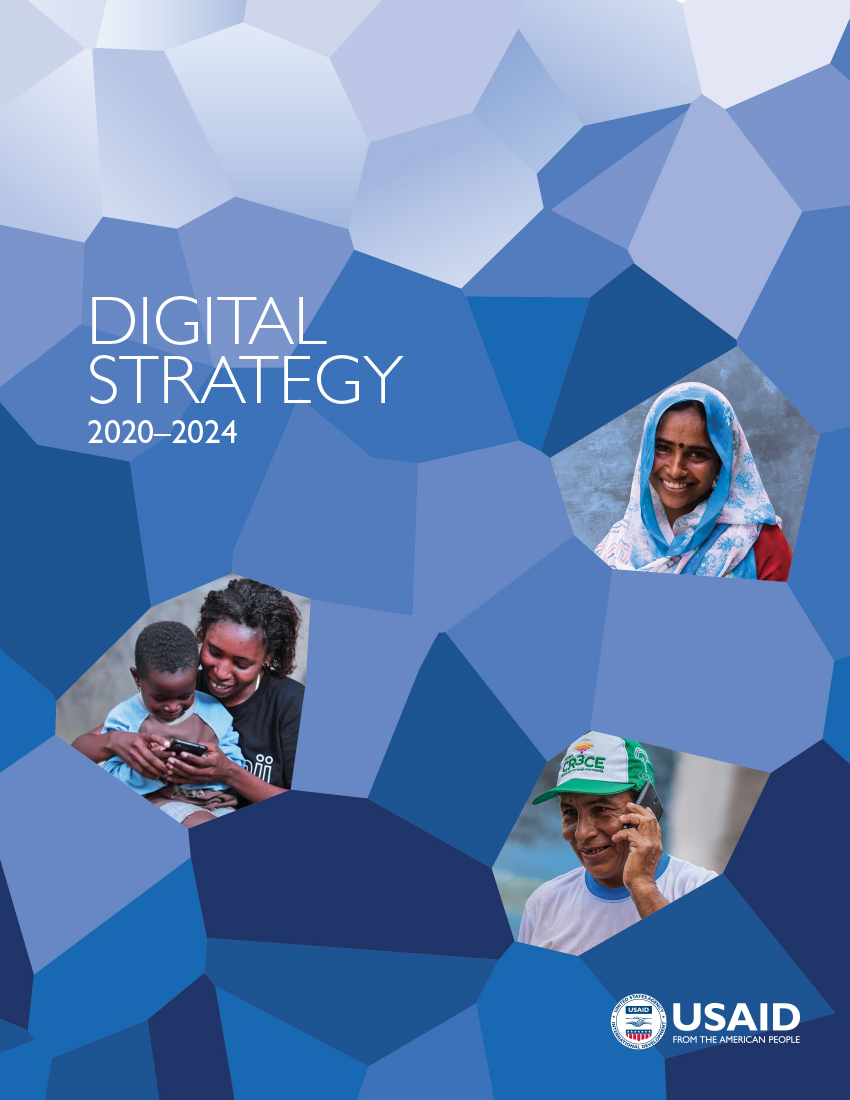- What We Do
- Agriculture and Food Security
- Democracy, Human Rights and Governance
- Economic Growth and Trade
- Education
- Environment and Global Climate Change
- Gender Equality and Women's Empowerment
- Global Health
- Humanitarian Assistance
- Transformation at USAID
- Water and Sanitation
- Working in Crises and Conflict
- U.S. Global Development Lab
Digital Strategy
Speeches Shim
Today, many of us take for granted our access to digital technology like smartphones and the Internet. They have become an integral part of our day-to-day lives and increasingly our default way of communicating, learning, and doing business.
We should remember, however, that four billion people in developing countries still do not have access to the Internet, including a staggering 93 percent of households in the least-developed nations. Further exacerbating the situation, the gender digital divide continues to grow. Women are, on average, 14 percent less likely to own mobile phones than their male counterparts, and 43 percent less likely to engage online.
Digital technology’s profound potential is tempered by the looming threats posed by authoritarian governments and malevolent actors who use digital tools to suppress political dissent and other individual freedoms while also limiting competition in the marketplace. Across these two, at times incongruent, digital worlds, we must be steadfast in ensuring we do not leave behind the poor and marginalized.
Digital Strategy 2020-2024 ![]() (pdf - 5 MB)
(pdf - 5 MB)
I am pleased to share with you the first U.S. Agency for International Development (USAID) Digital Strategy, an Agency-wide vision for the responsible use of digital technology in development and humanitarian work.
Building on decades of leadership in digital development, the Strategy outlines USAID’s deliberate and holistic commitment to strengthen open, inclusive, and secure digital ecosystems in each country in which we work. These digital ecosystems are transforming how people worldwide gain access to information, goods, services, and opportunities; in today’s world, a country cannot achieve self-reliance without them.
The field of international development is not immune to the digital changes around us, and, as the premier development donor, we at USAID have a responsibility—to U.S. taxpayers, to the communities we serve, and to ourselves—to meet the challenges and seize the opportunities of the digital age. This is central to USAID’s mission to end the need for foreign assistance, but we cannot do it alone. We ask our partners and colleagues around the world to engage with us.
I am confident that, through collaboration, ingenuity, shared values, and collective experience, the future of our digital world will be bright for all.

Ambassador Mark Andrew Green
USAID Administrator



Comment
Make a general inquiry or suggest an improvement.